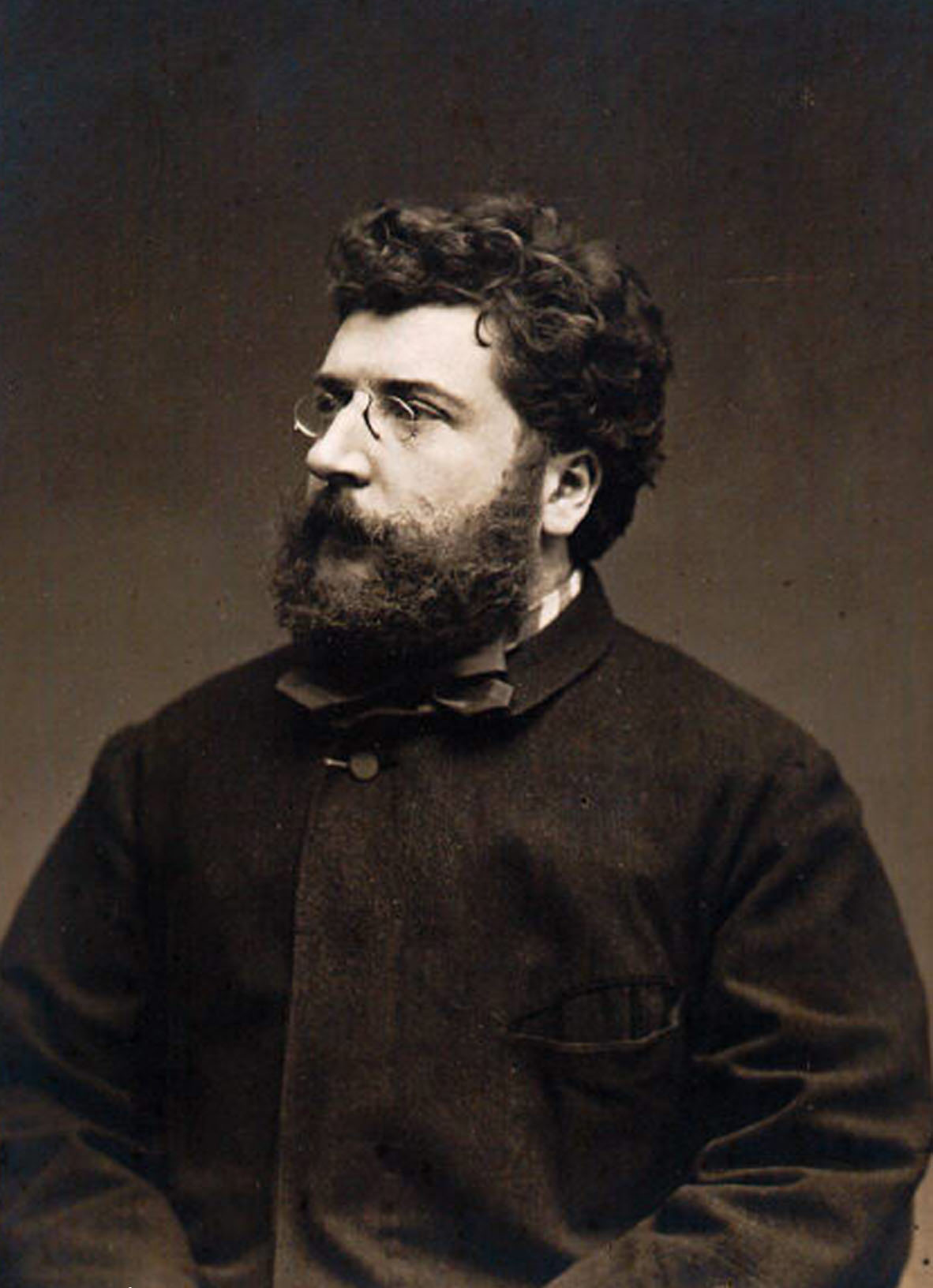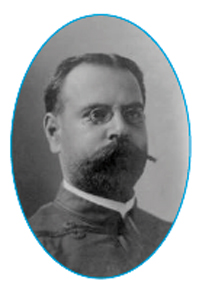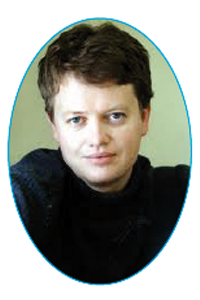About Composers
Ludwig van Beethoven
Born February 2, 1770
Died March 26, 1827
Germany
Ludwig van Beethoven was born in Bonn, Germany. His father, who was a singer, was his first teacher. After a while, even though he was still only a boy, Ludwig became a traveling performer, and soon, he was supporting his family.
In his early twenties, Beethoven moved to Vienna, where he spent the rest of his life. Beethoven was one of the first composers to make a living without being employed by the church or a member of the nobility. At first, he was known as a brilliant pianist. But when he was around 30 years old, Beethoven started going deaf. Even though he could no longer hear well enough to play the piano, Beethoven composed some of his best music after he was deaf!
Beethoven is considered one of the greatest musical geniuses who ever lived. He may be most famous for his nine symphonies, but he also wrote many other kinds of music: chamber and choral music, piano music and string quartets, and an opera.
Georges Bizet
Born 25 October 25, 1838
Died June 3, 1875
Georges Bizet was a French composer of the romantic era. Best known for his operas in a career cut short by his early death, Bizet achieved few successes before his final work, Carmen, which has become one of the most popular and frequently performed works in the entire opera repertoire.
John Philip Sousa
Born 1854, Washington, D.C.
Died 1932, Reading, PA
John Philip Sousa, known for his many marches, learned to play music (violin) at the young age of six. When he was only 13 years old, his father (a trombonist in a U. S. Marine band) enlisted him in the Marine Corps, where he served as an apprentice for seven years, during which time he is thought to have learned to play all the band’s wind instruments! He returned to the U. S. Marine Band, to become its conductor, a position he continued until 1892. He eventually organized his own band which toured widely, and in the year 1900 represented the United States at the Paris, France Exposition. An important job of military bands was to provide music for soldiers and sailors to march to. Many of these marches, as they were called, were so fun to listen to that they were, and still are, played in concerts. In 1889, the Washington Post Newspaper, asked Sousa to write a march for their Essay Competition awards ceremony – that’s how the march got its name.
Klaus Badelt is a German composer, best known for composing film music. With his top box office hit Pirates of the Caribbean and over 25 other major Hollywood films, Badelt has established himself as one of the most sought-after film score composers in Hollywood. His music for the 2003 movie Pirates of the Caribbean was highly-acclaimed. Pirates of the Caribbean is an action-adventure/comedy film set in the Caribbean during the late 1600s. It was inspired by the Pirates of the Caribbean attractions at Disney theme parks around the world, developed by Walt Disney himself. The lead character, Jack Sparrow, was brilliantly played by Johnny Depp. Notice how the music captures the excitement and adventure of the pirates.
Johann Sebastian Bach
Born 1685, Eisenach, Germany
Died 1750, Leipzig, Germany
Johann Sebastian Bach wrote both sacred (church) and secular (non-church) music, composing for choir, orchestra and solo instruments, including pipe organ. The composition the orchestra is playing today, originally written for pipe organ, is a particular type of music composition called a fugue [pronounced feeoog]. A single melody is played by a soloist or section (group of players), followed by a repeat of the melody with another soloist or section, then a third and often a fourth – all playing the same tune – all imitating the first melody. It’s similar to singing a round such as “Row, Row, Row Your Boat.” Listen carefully for each time the melody (or fugue subject as it is called) comes in. As we said earlier, you will hear it played by different soloists and groups of instruments each time.





